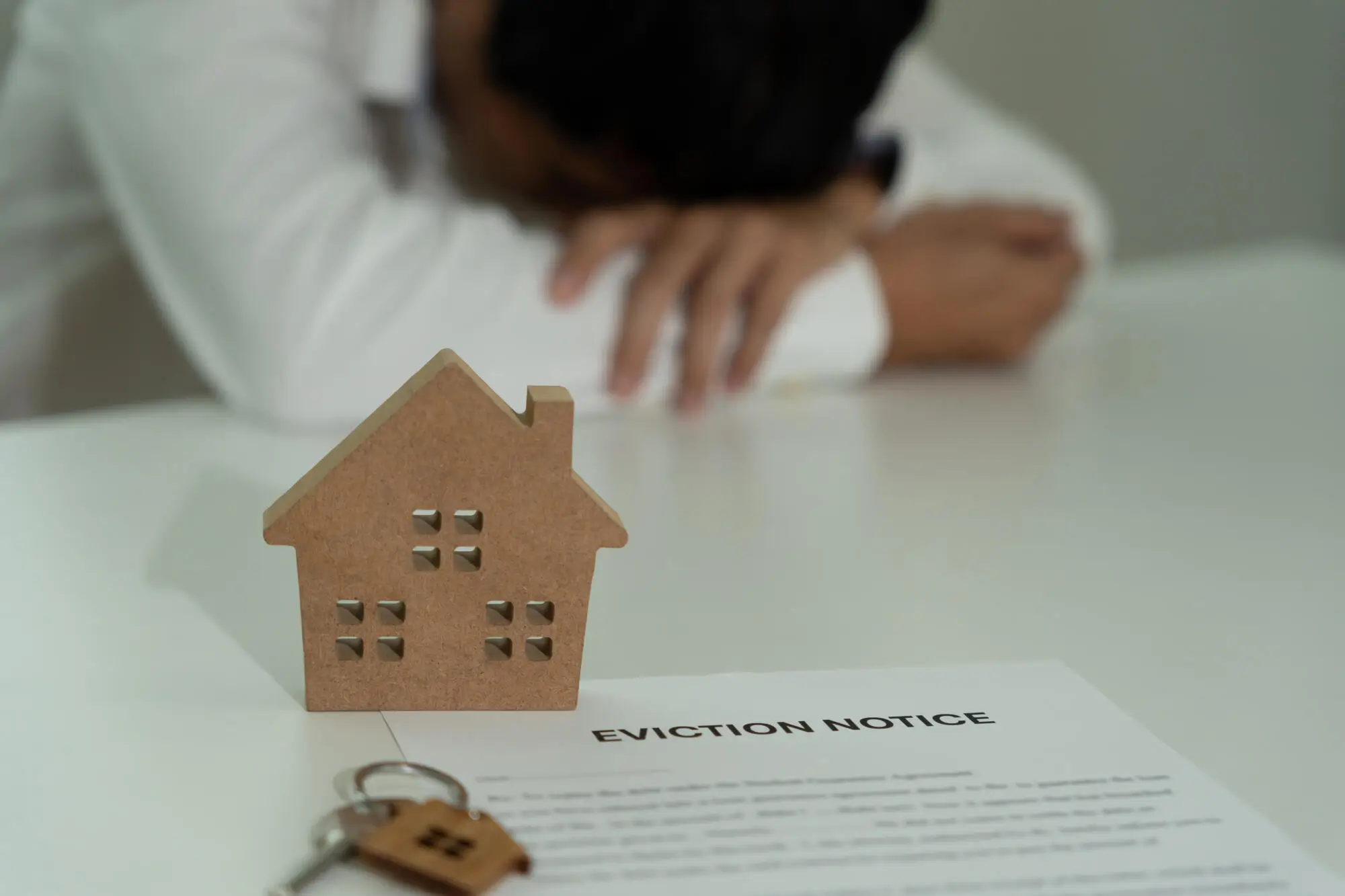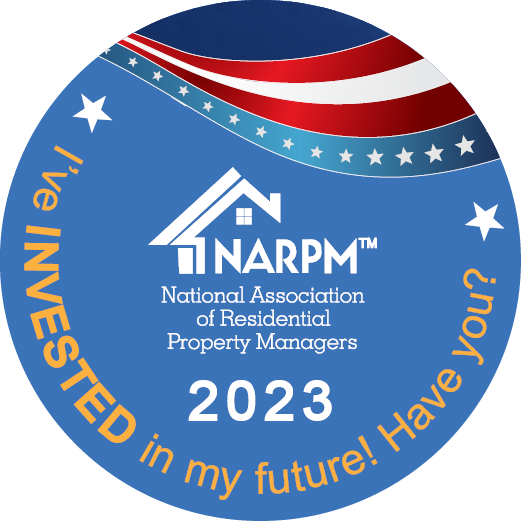According to Mecklenburg County, whose county seat is Charlotte, NC, landlords filed over 33,500 eviction cases in 2023. The court also granted 60% of these filings (in whole or part).
If you're a Charlotte, NC, renter and are at risk of eviction or summary ejectment, you can apply for an eviction hardship extension. It can shield you against immediate eviction.
The Carolina Property Management, LLC, team will explain how the NC eviction process and extensions work, so please read on.
Eviction Process in North Carolina
Landlords can't evict tenants without filing a summary ejectment case, per North Carolina General Statutes (GS) Chapter 42. They must first issue an eviction notice to the tenant explaining why they're taking legal action. The number of days of the advanced notice depends on the reason for the eviction.
Advanced Notice Timelines
Your landlord must give you a 10-day notice if you're late on rent payments (NC GS § 42-3). If they say you've violated the lease agreement, they can give you a notice demanding you leave immediately (NC GS § 42-26). If you have a month-to-month lease, your landlord will issue a 7-day notice to quit (NC GS § 42-14).
What to Do After Getting an Eviction Notice
The notice gives you time to address the issue before your landlord formally evicts you. For instance, in the case of late payment, you have ten days to:
- Pay whatever you owe your landlord
- Start looking for a new place
- Prepare to make an eviction notice extension appeal
If you don't want to leave but can't pay rent within ten days, consider making a financial hardship eviction appeal.
Requesting for an Eviction Hardship Extension
An eviction hardship extension temporarily suspends eviction proceedings. You can request it if you're experiencing financial hardships that make it difficult to pay rent on time.
Your landlord is the first (and best) person to talk to if you can't pay within the 10-day leeway. Be honest and tell them you've only run into a financial pinch but can pay at a later, specified date. If you have an understanding landlord, they'll likely give you more time, especially if you've always been a good tenant who's never had delinquencies (except now) and agreed to a lease renewal or extension several times.
If that doesn't work, your other option is to request a continuance from the court and your landlord. It gives you extra time to find a way to pay your past-due rent. According to NC 211, it can postpone the court date by up to five days.
Another option is to appeal and request a new trial to defend your tenant rights in an eviction case. You can use defenses such as the landlord failing to issue a notice, not serving it properly, or disregarding repair requests.
Avoid Getting Evicted
Now that you know how an eviction hardship extension works, it's time to speak to your landlord. Hopefully, they'll agree, but if not, you can request a continuance or appeal your case in court.
Alternatively, you may want to consider relocating to a more affordable rental.
Our real estate and property management company, Carolina Property Management, LLC, can help. We've been around since 2008, providing quality services to tenants and landlords throughout Charlotte, NC.
Contact us today so we can assist you in finding the perfect rental that best suits your budget!















